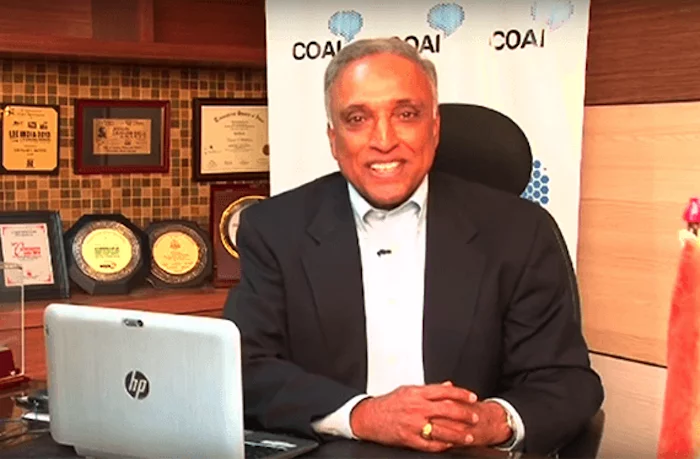Reliance Jio has hopped onto damage control mode and has filed an allegation against the Industry body, Cellular Operators Association of India (COAI) and its director general Rajan Matthews. Reliance Jio has alleged that the director general made derogatory comments over the telco which are malicious and have harmed the company’s reputation. An interim order was passed in Delhi High Court on May 30, in which it read that a prima facie a case directed towards Mathews and COAI, an industry body which represents all major telcos operating in India, to refrain from using “disparaging and defamatory” words or phrases like "back door operator", "skullduggery", "deep pockets with monopolistic designs" against Jio.

Reliance Jio submitted a petition to the court, in which it asked that COAI and direct general Matthews refrain from making such derogatory sentences further.
Jio said, “...the Plaintiff seeks an order awarding general and special damages in favour of the Plaintiff, inter alia, for loss of reputation and the enormous business losses suffered by the Plaintiff on account of illegal actions and the malicious campaign of the defendants...”
Jio furthered its allegations over the COAI saying that the organisation has put obstructions in the entry of the telco into the market, and upon its arrival had also interfered with the growth of the telco. Jio also said that Rajan Matthews pushed the interests of other members of the COAI in front of Jio’s. Although Jio did not name the said other member, however, it is public knowledge that other members of the COAI include Bharti Airtel, Idea Cellular and Vodafone India.
According to ET’s report, legal counsels of COAI and Matthew’s countered the allegations saying that these comments were not made under the range of defamation. However, Justice Yogesh Khanna, the head of the bench who was overseeing the hearing, disagreed saying "I doubt whether the phrases/ words used back door operator" "skullduggery", "deep pockets with monopolistic designs" would fall within the phrase of fair comment and hence the plaintiff has been able to make out a prima facie case....”
The bench asked the defendants to file their responses within four weeks, three weeks after which the rejoinders will start filing.
Rajan said, “Disappointed that one of our member companies has chosen to bring legal action against the association and its director general, alleging defamation, rising from the use of language in communication.” He further said that the association would “vigorously defend its case” and also added that Reliance Jio’s case was without ‘merit’.
This is not the first time that a dispute has come up between COAI and Reliance Jio. The telco has accused the director general of COAI, of favouring other telcos over the Mukesh Ambani led telco once before. On the other hand, Rajan Matthews has maintained his composure and said that he along with COAI have spoken for the industry and continue to do so. They also said that they have always put in a disclaimer that Jio or one operator does not agree with its views.
It was in February, that Reliance Jio issued a notice to COAI and Matthews on the grounds that the association was alleging Reliance Jio in a defamatory way. The telco alleged that the association along with Rajan was saying that the regulator favoured Reliance Jio in its regulations at the cost of other old telcos in India like Idea Cellular, Vodafone India and Bharti Airtel. At that time, the association had replied saying that they had only responded to the recent changes in regulations and that it wasn’t their intention to aggrieve one particular telco.
Jio, however, wasn’t very keen on giving up on the issue since it believed that the company had suffered the loss of reputation. The telco later alleged the COAI for not apologising and stated that they had the option of moving court.
The telecom regulator was of the same response as Jio when top three telecom operators of the country alleged the regulator of favouring Reliance Jio. The regulator dismissed them as “baseless” and said that the telcos were free to move court if they find the orders unsatisfying.















